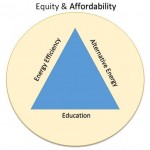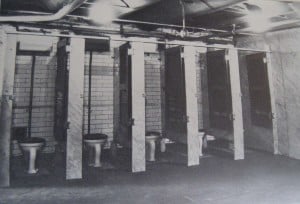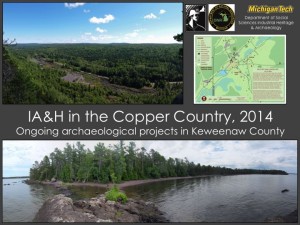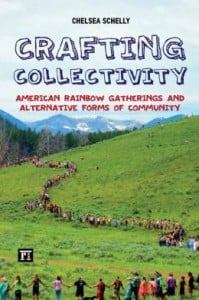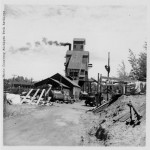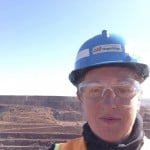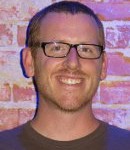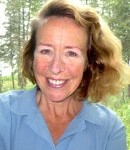 Nancy Langston, professor of environmental history and social sciences, will be speaking about the Binational Forum’s work in the Lake Superior Basin at the FOLK annual meeting on Wednesday, November 19th. Langston is a member of the Great Lakes Research Center and the Binational Forum.
Nancy Langston, professor of environmental history and social sciences, will be speaking about the Binational Forum’s work in the Lake Superior Basin at the FOLK annual meeting on Wednesday, November 19th. Langston is a member of the Great Lakes Research Center and the Binational Forum.
The presentation will take place at the Portage Lake District Library at 6 p.m. Both the meeting and the presentation are open to the public. Refreshments will be served.
From Tech Today.
